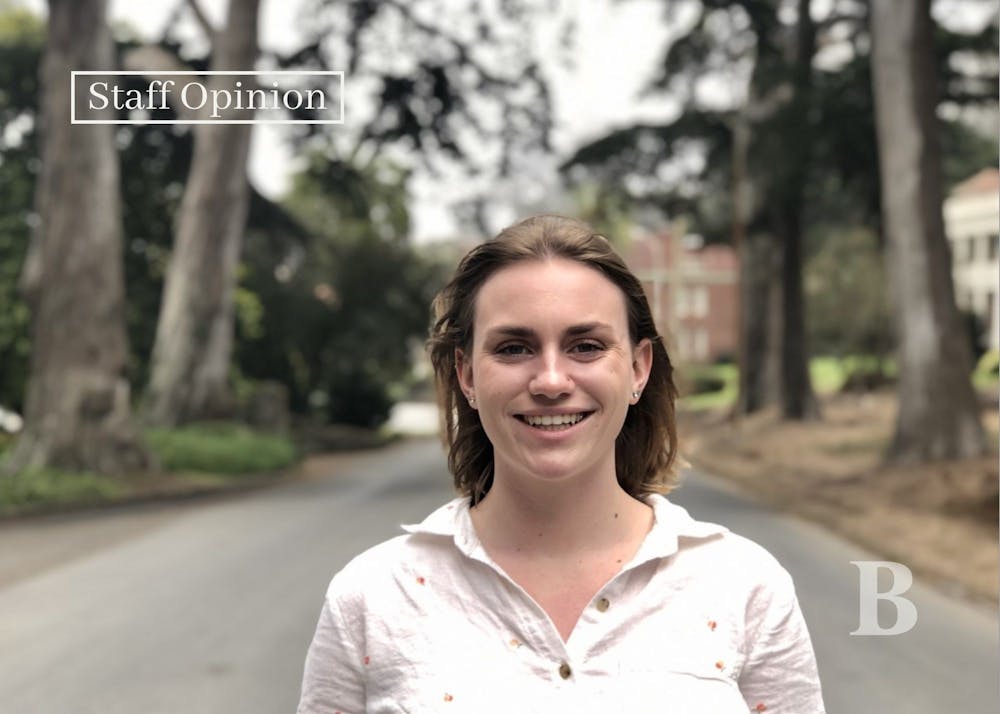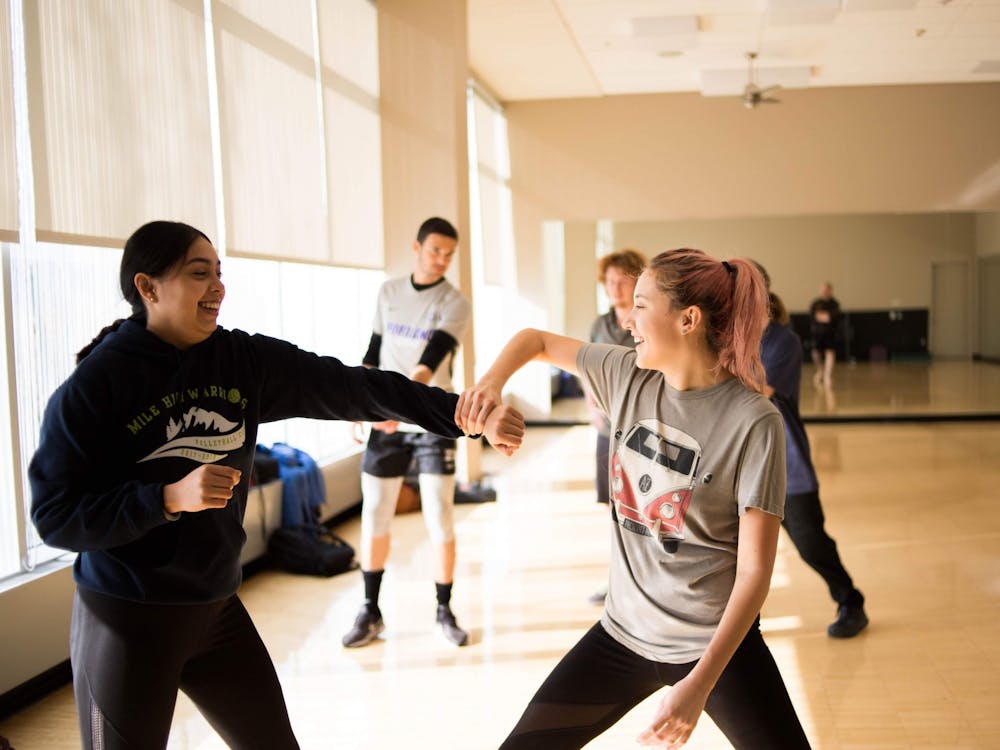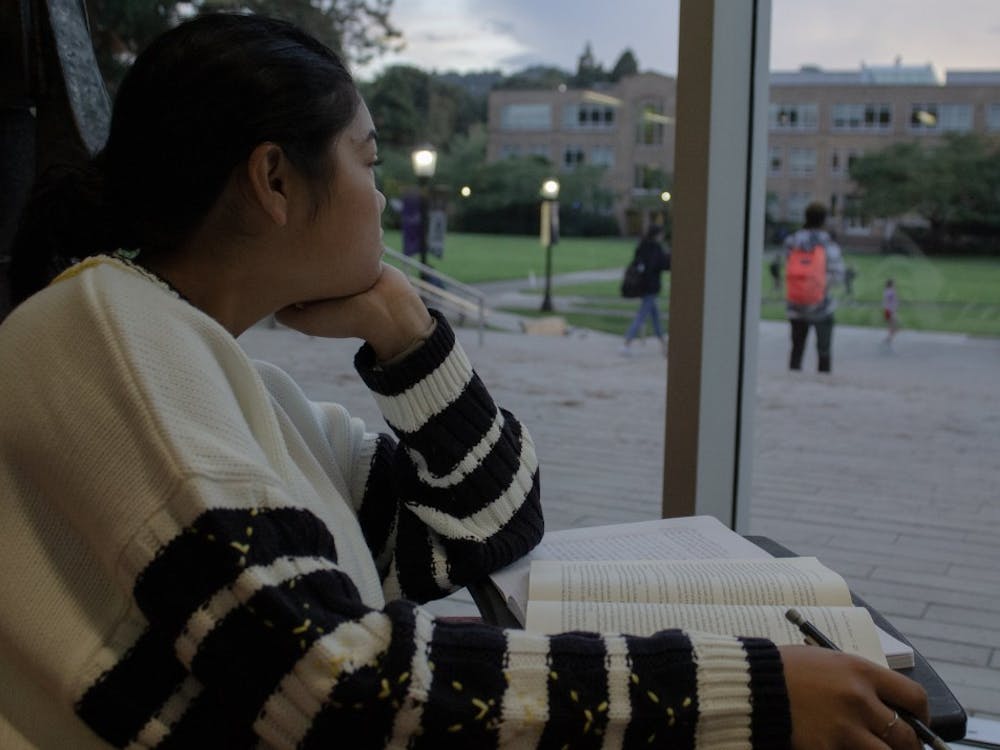My first vivid memory of experiencing a symptom of obsessive-compulsive disorder (OCD) is from when I was about five or six years old. My mom was trying to get me ready for school and out the door, but I ended up being late to school. In fact, I wouldn’t even get out of the car when my mom dropped me off until a teacher bribed me with candy to go into the classroom. All this difficulty of getting me to school was because of a single sock.
I remember sitting near the front door trying to put my shoes on but I kept taking them off, having to redo it because the seam on the sock that ran across my toes didn’t feel the same on both feet. Eventually, my mom forced on my shoes and carried me to the car, and I just remember sobbing and hyperventilating the entire way to school because of that one sock.
Up until the point of being diagnosed with OCD in my first year of high school and continuing in my life now, I was and still am experiencing and noticing all these different things I have to do in my everyday life in order for everything to feel right and under control. All those compulsions, intrusive thoughts and general anxieties I have to cope with daily are exhausting. What makes it worse is when people use OCD as an adjective. OCD is not an adjective and should not be used as one.
I often get told how I had a lot of temper tantrums as a kid before I was diagnosed, but looking back on it, I recognize those as panic attacks. I felt so disruptive and problematic when I would have panic attacks in the midst of a family event. I just felt like I was ruining everything and I didn’t understand why I always felt this nagging inside of me to do certain things.
I wish I could say I felt a wave of relief once I was diagnosed, but that’s not my truth. I at least felt less guilty for having panic attacks during family time, but the process of starting therapy and a new medication made things a little stressful.
In my experience, therapy causes me to pay even more attention to my OCD because my treatment course forces me to be very aware of what I’m doing and why. Then comes the hardest part: resisting the compulsion. My progress has not been a steady line, but I’m still trying to get to a place where I can control my OCD.
The mental health struggles people have to cope with everyday are made invisible the second someone uses a psychiatric disorder as an adjective. Using psychiatric disorders as adjectives can look like someone saying “I’m so OCD about that”. While I can only speak to how I feel when people use OCD as an adjective, I am sure the same goes for other diagnoses.
When someone says they’re “so OCD” about something when they are really just particular about it, I feel many things. On top of annoyance, what I feel is invalidation and invisibility.
Liking things to be in a certain order or done in a certain way is completely normal; it is not OCD. What makes it OCD is when those compulsions begin to affect your day to day functioning in a significant way. On top of that, using OCD as an adjective reinforces the stereotype around the disorder.
This is when the feelings of invalidation and invisibility come into play. Oftentimes when I observe people using OCD as an adjective, they are doing something that is a common OCD stereotype such as lining things up at a certain angle or cleaning up clutter or just being organized in general. While those certainly can be compulsions for many people, many people also do not have those compulsions.
When only the stereotype is addressed, it hides the struggles of a large number of people with OCD. What isn’t seen and validated in my case is me biting the inside of my mouth and peeling my lips until it hurts to eat because I literally cannot stop. Or me having panic attacks most nights because something felt slightly off with my body and now I have genuinely convinced myself that I’m dying. Or me having to count how many steps I take to a certain place or how many sips of water I’m drinking. Or me avoiding physical contact at all costs because I need all my senses to remain symmetrical. There’s so much more I could add, but in short, that is when I feel invisible.
Being more sensitive towards the struggles of mental health, or even just struggles in general, is so simple. Be more careful about what you say. I know there is no harm intended when people say they are OCD about certain things, but the harm is still there. Just choose a different adjective.
Laura Heffernan is a reporter for The Beacon. She can be reached at hefferna23@up.edu.
Have something to say about this? We are dedicated to publishing a variety of viewpoints and we’d like to hear from you. Voice your opinion in The Beacon.








